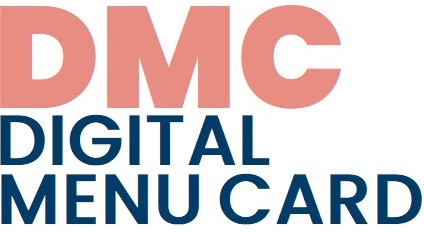Type of method
Creative techniques
Short summary
A method for generating ideas that will provide a solution to a problem
Description
A method for generating ideas that will provide a solution to a problem. The aim is to generate as many ideas as possible that can then be evaluated at a later date.
When applying the method, follow this process:
Group Size: 5-15 (critical mass)
it also depends on the group composition and group leader
Composition of the group:
creative people, NOT dominant
heterogeneity, experts also from other areas
Leader:
tasks: team assembly, coordination, preventing criticism
Expected results for creative groups:
50 – 200 ideas – 5% useful
- requires an environment where people feel free to express the most impossible and improbable solutions to problems without having the fear of criticism or judgment by others
- original and spontaneous thinking is necessary
Advantages of the method
- You don't have to be a highly qualified expert or highly paid consultant to use it
- Easy to understand - it's not a complicated technique
- It is inexpensive
- If controlled properly it is a quick way of generating ideas
- Encourages creative thinking and thinking "out of the box"
- Generates ideas and solutions that can be used elsewhere
- Provides an opportunity for widespread participation and involvement
The challenges, pitfalls of the method and ways to deal with them
- Can take too much time if the group is not properly controlled and is allowed to run for too long
- Participants must be aware of raising expectations of the brainstorming group by considering ideas that will never be implemented
Practical application tips
- NO criticism
- enter Emotions
- use Associations
- relaxation, entertainment
- search for unusual solutions
Feedback from teachers and students
Students generally find a highly structured and moderated brainstorming session interesting and engaging.
More information
